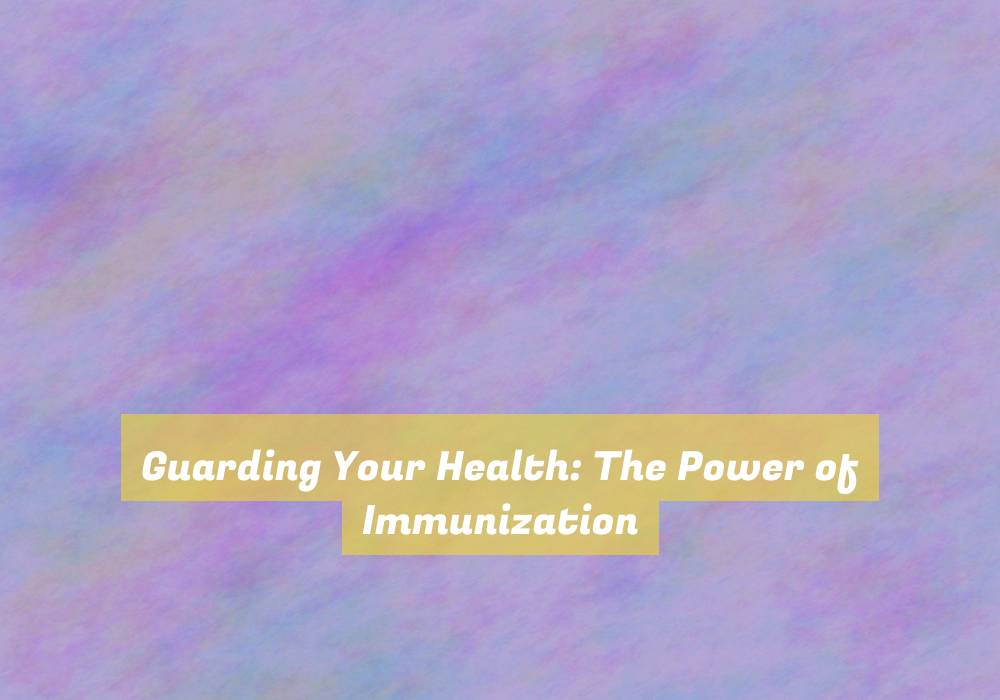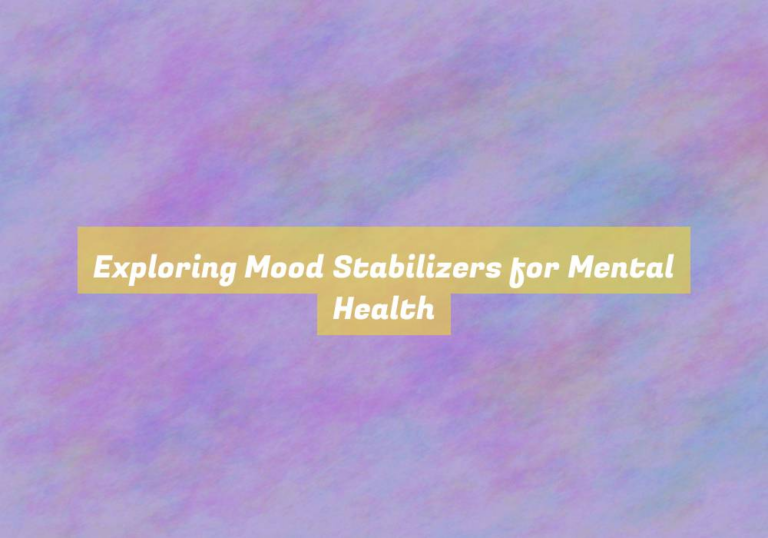Guarding Your Health: The Power of Immunization
You know how a sturdy umbrella shields you from the rain, keeping you dry and protected? Well, think of immunization as your personal shield against infectious diseases. ItG??s like giving your immune system a powerful tool to fend off potentially harmful invaders.
But, have you ever wondered about the science behind immunization and how it can safeguard your health? ThereG??s more to it than meets the eye, and understanding the intricacies could be the key to making informed decisions about your well-being.
The Science Behind Immunization
Understanding the science behind immunization is crucial for comprehending how vaccines work to protect your health. When a vaccine is administered, it contains a weakened or inactive part of a specific pathogen, such as a virus or bacteria. Your immune system recognizes this foreign invader and responds by producing antibodies to fight it off. These antibodies remain in your system, ready to attack if the real pathogen ever tries to infect you. This creates immunity, so if you encounter the actual pathogen in the future, your body can quickly mount a defense, preventing you from getting sick or reducing the severity of the illness.
Vaccines not only protect you but also contribute to community immunity. When a large portion of a population is vaccinated, it becomes difficult for the pathogen to spread, providing indirect protection to those who canG??t be vaccinated, such as individuals with weakened immune systems. This concept is especially important in preventing the spread of infectious diseases and safeguarding vulnerable members of society, like infants and the elderly.
Understanding the science behind immunization empowers you to make informed decisions about your health and the well-being of your community.
Debunking Common Myths
You may have come across various misconceptions about immunization that need to be addressed. One common myth is that vaccines cause autism. However, numerous studies have debunked this claim, and the research linking vaccines to autism has been discredited.
Another myth is that natural immunity is better than vaccine-induced immunity. While natural immunity from contracting a disease may provide protection, it also comes with the risk of severe complications and even death. Vaccines, on the other hand, safely build immunity without causing the disease itself.
Some people believe that vaccines contain harmful ingredients, such as mercury, and that they can overwhelm a childG??s immune system. In reality, vaccines undergo rigorous testing to ensure their safety, and the amount of mercury in vaccines is minimal and safe. Additionally, a childG??s immune system is exposed to numerous antigens every day, making the number of antigens in vaccines insignificant in comparison.
ItG??s important to recognize that these myths can lead to hesitancy or refusal to vaccinate, which ultimately puts individuals and communities at risk. By understanding the facts and dispelling these common misconceptions, we can work towards creating a healthier and more protected society.
Benefits of Herd Immunity
Herd immunity occurs when a significant portion of a community is vaccinated, providing indirect protection to those who arenG??t immune to a disease. This means that even individuals who canG??t be vaccinated, such as newborns or those with certain allergies, are protected because the spread of the disease is contained. By getting vaccinated, you not only protect yourself but also contribute to the health of your community. When enough people are vaccinated, it becomes difficult for the disease to spread, effectively protecting the entire community, including those who are unable to receive vaccines.
In addition, herd immunity helps to protect individuals who are more susceptible to infections, such as the elderly or individuals with weakened immune systems. It also reduces the risk of an outbreak, especially for diseases that are highly contagious. This is particularly crucial in preventing the spread of diseases that can have serious consequences, such as measles or whooping cough. By being part of a community with high vaccination rates, you actively contribute to the overall well-being of everyone around you.
Impact on Public Health
Contributing to the high vaccination rates in your community has a significant impact on public health. By ensuring that a large proportion of the population is immunized against preventable diseases, you not only protect yourself but also contribute to the overall well-being of the community.
When a high percentage of people are vaccinated, the spread of infectious diseases is significantly reduced. This is particularly crucial for individuals who canG??t be vaccinated due to medical reasons or age, as they rely on herd immunity for protection. By being vaccinated, you help create a buffer that prevents diseases from easily spreading within the community, thereby safeguarding those who are most vulnerable.
Moreover, high vaccination rates directly contribute to the prevention of disease outbreaks. When a large portion of the population is immunized, the likelihood of a disease spreading rapidly is minimized. This not only protects individuals but also eases the burden on healthcare systems and resources. By reducing the number of preventable illnesses, vaccination helps to free up medical resources for other pressing health needs, ultimately benefiting the entire community.
Your decision to get vaccinated plays a vital role in promoting public health and ensuring the well-being of everyone around you.
Conclusion
So, remember to protect yourself and others by getting vaccinated. DonG??t let myths and misconceptions hold you back from safeguarding your health.
By getting immunized, you not only protect yourself, but you also contribute to the overall health of your community.
So, roll up your sleeve and get vaccinated G?? itG??s a small but powerful step towards a healthier, safer world for everyone.








I appreciate the analogy you’ve drawn between immunization and a sturdy umbrella. It truly makes the concept of vaccines more relatable. Growing up, I vividly remember my mother explaining to me that getting vaccinated was like giving my body a “practice run” against illnesses. That perspective not only eased my fears but also instilled a sense of empowerment in me.